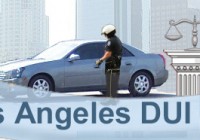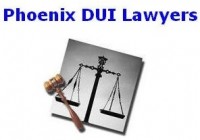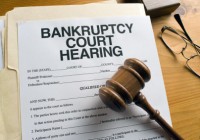What can one typically expect from an auto accident settlement?
Car accidents often have dangerous and life-threatening complications. Accident settlement compensation is often the only resolve that people get after going through such an experience. The value of a settlement depends on the damages incurred and the validity of your liability claim. These two factors play the biggest role in what to expect from an… Read More »










